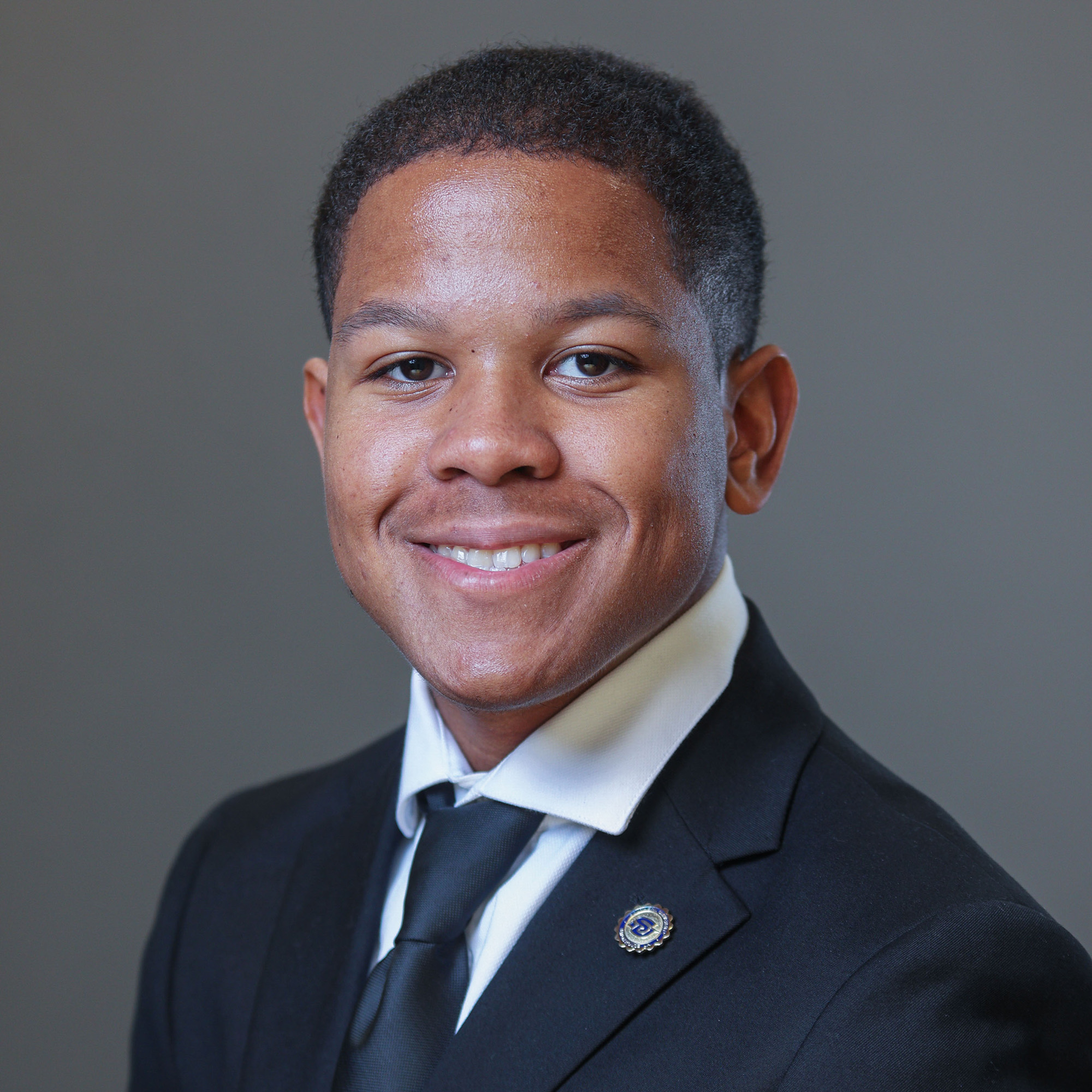LSU and Southern University Team Up to Lead in Energy-Efficient Computing
July 01, 2025
Winning in Workforce

Illustration by Elsa Hahne
Last year, under the A&M Agenda, LSU and Southern University teamed up to increase worldwide access to high-performance computing and won a $1.5 million award from the National Science Foundation. The team’s goal is to build a bigger user community around HPX, a software library developers can use to create faster, more powerful, and energy-efficient applications.
Since then, the team has trained more than 50 students and faculty who’ve already begun training others. By next year, they hope to have trained 150.
“We needed to get the exponential going,” said Hartmut Kaiser, professor of computer science and LSU lead on the project. “The more people use HPX, the faster we can build teams to solve some of the world’s biggest problems.”
“That’s why we’re working with LSU and using a train-the-trainer model, like a tree that grows many branches,” said Sung No, professor of economics and business, and Southern University’s lead on the project. “We have two objectives—develop a skilled workforce for the state of Louisiana and expand the HPX community.”
While the “high-performing” aspect of high-performance computing is intuitive when it comes to speed and complexity (lots of data, lots of operations), the energy-efficiency of computing has become a growing concern with the establishment of enormous data centers for AI, such as Meta’s $10 billion artificial intelligence data center in Richland Parish in northeast Louisiana, named the nation’s top economic development project. Estimates by the International Energy Agency say data centers for AI and cryptocurrencies already consume almost 2% of the world’s electricity, and capacity is expected to double by 2030 with more venture capital going into AI than energy innovation. “A substantial increase in electricity consumption from data centres [sic] appears inevitable,” reads the agency’s World Energy Outlook 2024 report. Meanwhile, most of the world’s electricity comes from fossil fuels, primarily coal and natural gas, which are limited resources since they take millions of years to make.
The reason the LSU-Southern University project can help meet global demands for energy efficiency in computing is that HPX is an asynchronous many-task runtime system, developed by Kaiser’s research group at LSU.
“By running many operations in parallel, HPX can optimize the time and energy it takes to reach a result. It’s all about using the computer better to reduce the time it takes to solve a problem.”
Hartmut Kaiser, LSU Professor of Computer Science
While operating systems (for computers) are like benevolent teachers trying to make all students feel welcome and work well together in their classrooms, runtime systems such as HPX (for applications) are like competitive parents, caring only about their own kids.
“‘My needs now,’ that’s the idea,” Kaiser said. “This poses an optimization problem that requires running everything everywhere all at once, and that’s what HPX is particularly adept at doing.”
At Southern University, Associate Professor of Computer Science Lynette Jackson just wrapped up her first class teaching a combination of C++, parallel computing, and HPX to 22 students after auditing Kaiser’s class, CSC4700: Parallel C++ for Scientific Applications, at LSU. One of her students and teaching assistants, Meruv Varalakshmi, is in turn teaching the course to 25 more students at Southern University this summer, while Humberto Munoz Barona, a professor of mathematics at Southern University who also took Jackson’s class, is teaching an online course to broaden the program’s statewide reach to New Orleans. The online course is promoted in partnership with Dillard, UNO, and SUNO in New Orleans, Nicholls State in Thibodaux, and Grambling in north Louisiana.

Lynette Jackson, associate professor of computer science at Southern University, teaches the high-performance computing course developed by LSU.
“Since I’ve been here at Southern University, I’ve always looked for opportunities to help our students skill up to either continue their education or get a job,” Jackson said. “C++ is already required for all computer science majors, but now, with LSU, we’re adding parallel computing and HPX to the mix.”
“I wanted to take this class to expand and improve my skills in C++ coding and learn about HPX,” said Aaron Levy, a Southern University computer science student from Geismar, Louisiana, which is home to massive energy production facilities and international energy companies such as Shell, where his father works. “I expect this class to show how dedicated I am to my craft in computer science. Learning HPX allows me to stand out from many others working in the same field as me, and HPX can be useful at the energy plants in my hometown.”

Aaron Levy, a Southern University computer science student from Geismar, Louisiana, sees the value of developing more energy-efficient computer applications and using them in the energy industry, which dominates his hometown.
All students in Jackson’s course take a badge exam and have the opportunity to earn a new credential, spearheaded by Southern University, through Credly.
“When I introduced this idea to Dr. Kaiser about creating our own credential, he immediately said ‘Approved!’” No said.
By the end of 2026, Southern University aims to have taught the course to 150 people in Louisiana. Meanwhile, HPX is becoming more established both nationally and around the world. Kaiser’s HPX research group was recently accepted as a member of the High-Performance Software Foundation.
“This moves us from being an academic fringe software project out of south Louisiana to be recognized as one of the central building blocks for future high-performance applications at large,” Kaiser said. “It’s a big honor, and we’re the only university-based project among a lot of industry groups. What this does is raise Louisiana in the eyes of everybody else. It creates trust that we’re not just some crazy academics.”
Read more:
LSU Researchers Awarded $1.5 Million to Advance Worldwide Access to High-Performance Computing
Next Step
Discover stories showcasing LSU’s academic excellence, innovation, culture, and impact across Louisiana.


